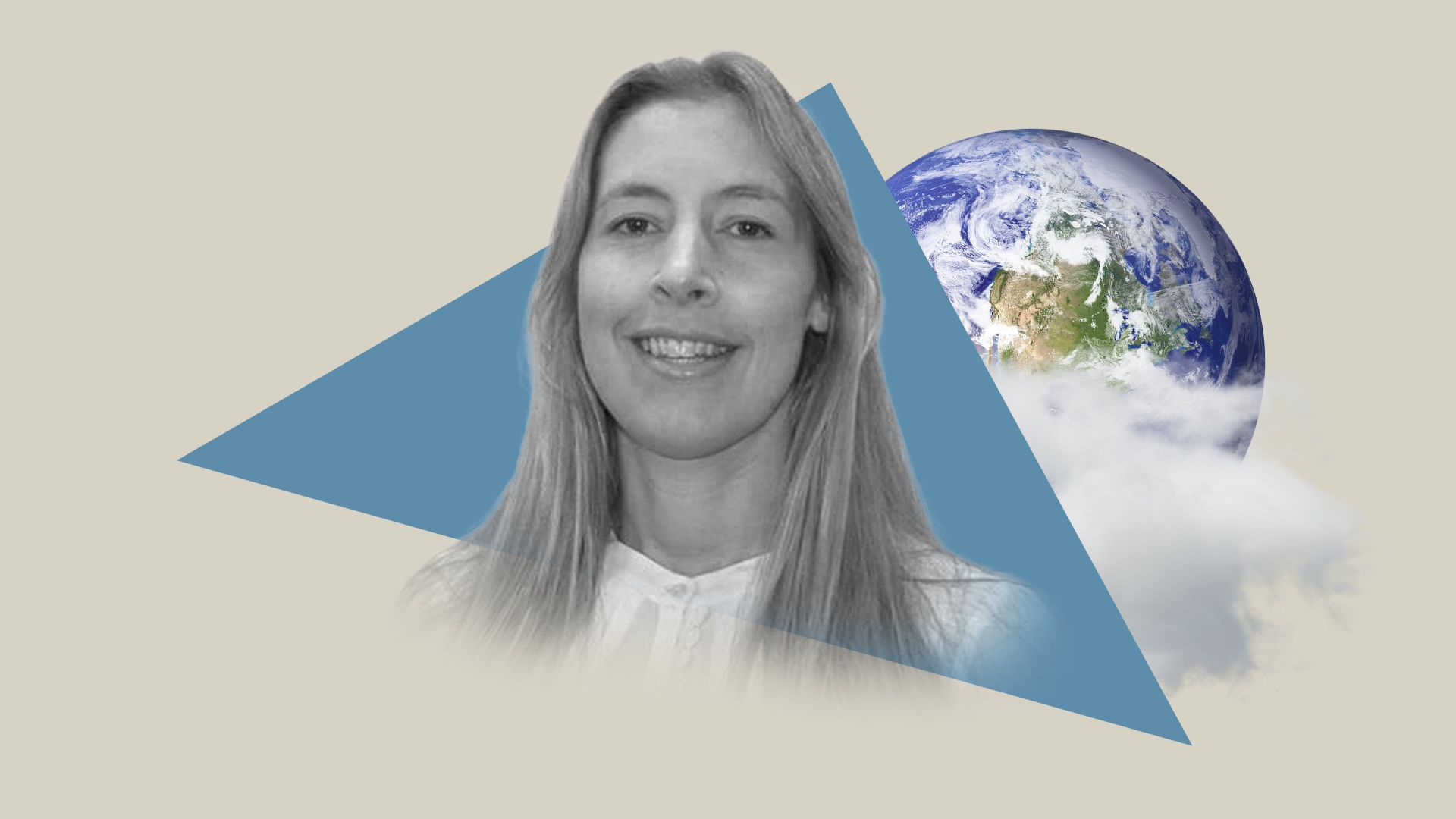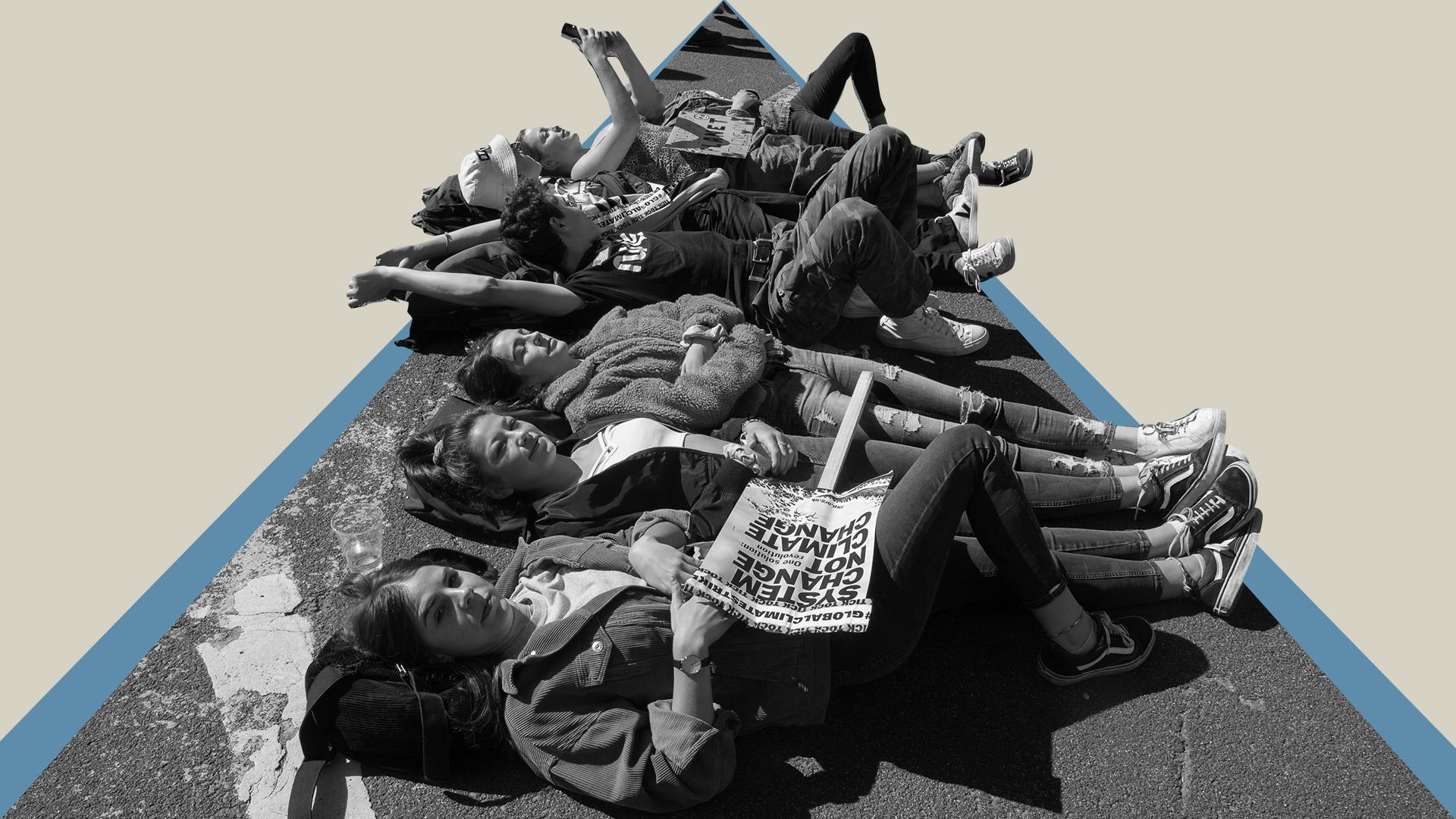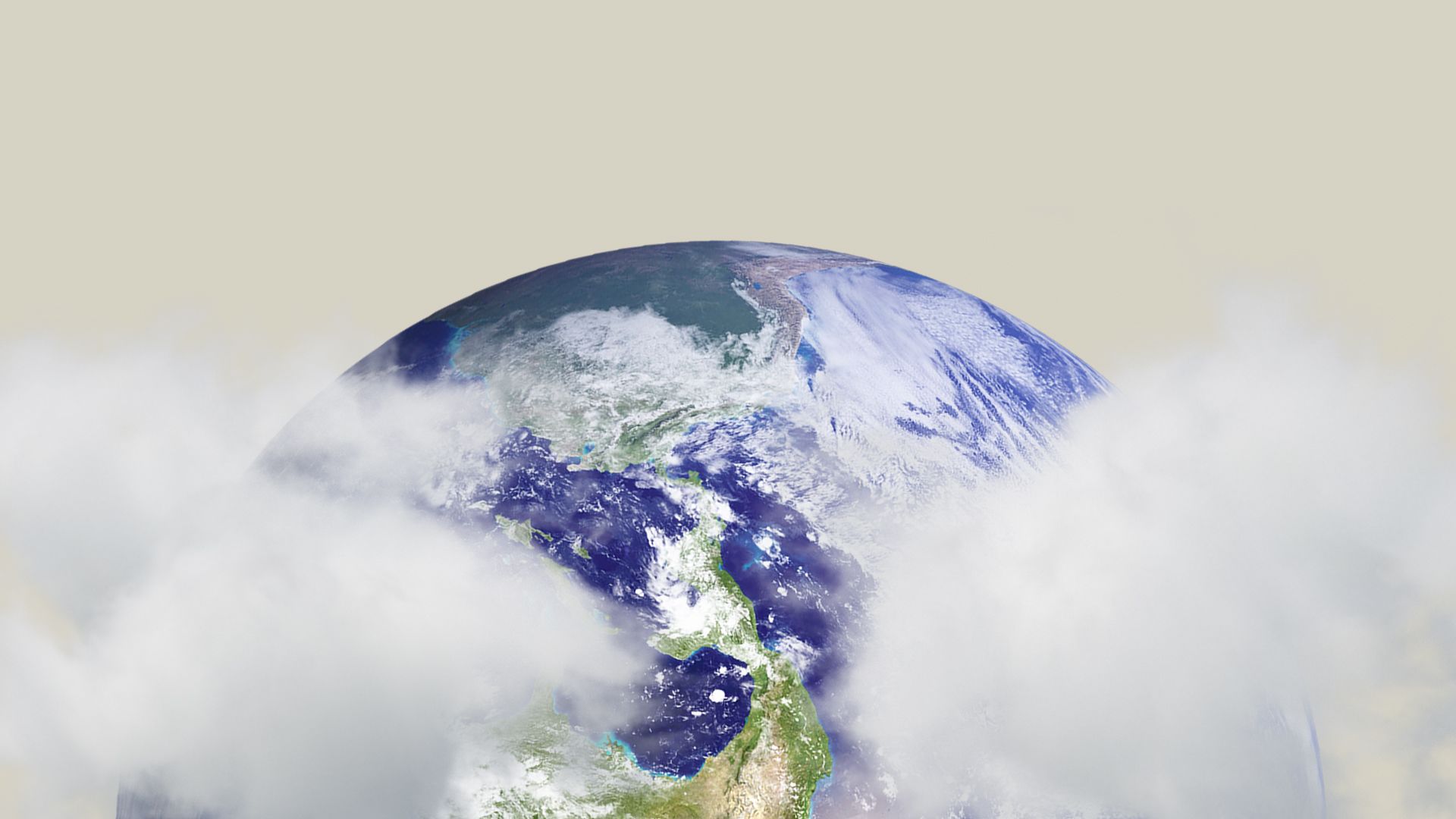Insider: Nicola Walshe
Class action
How should schoolteachers address the issues of climate change and sustainability? Professor Nicola Walshe introduces a new UCL centre that will equip them to teach today’s children

Addressing the issue of climate-change education is as vital as addressing climate change itself.
In the spring of 2022, my colleagues and I commissioned policy consultancy Public First to survey parents on the subject, something that has never been done formally before. Overwhelmingly, parents felt that climate change and sustainability were what most worried their children. They also said that these issues were what their children spoke to them most about.
Our focus groups with young people bore this out, with most saying that they were very interested in climate change. However, they felt that their teachers were not given enough opportunity to teach it, resulting in the young people resorting to social media for information, which they were not confident was reliable or accurate.

Nicola Walshe
Nicola Walshe
Why aren’t schools more engaged with climate-change education? Primary and secondary teachers in our focus groups admitted that they did not feel prepared to teach the subject. For some, this was because they did not have the right materials. For others, it was because they could not see the links to their disciplines; climate-change education is only statutory in secondary schools, specifically in geography and science.
Overwhelmingly, the main obstacle was finding time and space within an increasingly packed curriculum. School leaders reported that interdisciplinary climate-change education was not within the school’s remit, nor did they necessarily know how to create a wider school ecosystem that embraced sustainability and climate change beyond simple steps such as better recycling.

This is where the new UCL Centre for Climate Change and Sustainability Education comes in. There is so much excellent interdisciplinary work being done across UCL around these issues that we want to bring together and share with teachers, alongside the work of external subject specialists. It is not just about sharing expert knowledge but also how all teachers can work with pupils to help them understand the complexities of the subject without causing climate anxiety or a feeling of powerlessness.
We advocate locating climate change in the wider context of environmental sustainability, which can be explored across the whole curriculum through an appreciation of nature, an understanding of biodiversity loss, the uneven social implications of climate change around the world, the ways that we can live more sustainably, and so on.
History lessons, for example, can help young people understand how we reached this point of crisis and when the turning points in our journey towards the Anthropocene began. In mathematics, students can explore the way climate-change predictions are calculated or work out how much energy solar panels on the roof of the school are generating and how much money and carbon emissions that is saving.
“Overwhelmingly, the main obstacle was finding time and space within an increasingly packed curriculum”
Art lessons can allow students to depict a world that is not seen through an anthropogenic perspective and explore sustainable art practices. In business studies, students can examine case studies of businesses that are embracing zero-carbon practices and the growth of the green economy. And in primary schools, students can engage with local environments, explore ways to make their school sites greener, learn about sustainable practices and understand how all aspects of nature are connected.
Teachers need our help to do this, which is why our long-term aim is to produce free professional development for all teachers of all disciplines at all phases and career stages. That is more than half a million individuals.
To understand how best we can help, our research team spent two full days at ten schools across England, interviewing pupils, teachers and senior leaders and touring the schools’ estates to try and understand how they define engagement in climate change and sustainability education and find out what they are doing.
“We want to see how the whole school ecosystem helps or hinders”
This included how these issues are embedded in teaching science, geography and any other subjects, and how aware the schools are of climate-change news and where teachers access it. Outside the classrooms, we looked at activities such as recycling, student eco-clubs, the installation of solar panels and light sensors, meat-free Mondays and so on.
We want to see how the whole school ecosystem helps or hinders. It is an in-depth study that we do not think has been done before within the UK. The data collection is complete and we are now working on the analysis.
Meanwhile, in autumn 2022, we ran our flagship national survey of teachers in England, reaching more than 1,000 teachers. We are currently analysing the data, and the results will provide us with a baseline to help understand the barriers to teaching about climate change and sustainability, grasp how the challenges vary according to teaching phase or subject, and inform our professional development programmes.
“It is very much about working with stakeholders”
We are also piloting our Teaching for Sustainable Futures professional-development programmes in geography and history. Within these groups, we will be collaborating with specialist organisations such as the Historical Association and the Royal Geographical Society, as well as teachers and a youth panel. It is very much about working with stakeholders rather than the centre trying to do everything.
IOE, UCL’s Faculty of Education and Society, and UCL’s Grand Challenges grant scheme have provided valuable funding for our initial research; however, realising our ambitious vision to provide these programmes to all teachers in all subjects will require the support of forward-thinking organisations and individuals who are committed to addressing the climate emergency.
Professor Nicola Walshe is Pro-Director of Education at IOE, UCL’s Faculty of Education and Society, and Executive Director of the Centre for Climate Change and Sustainability Education.



